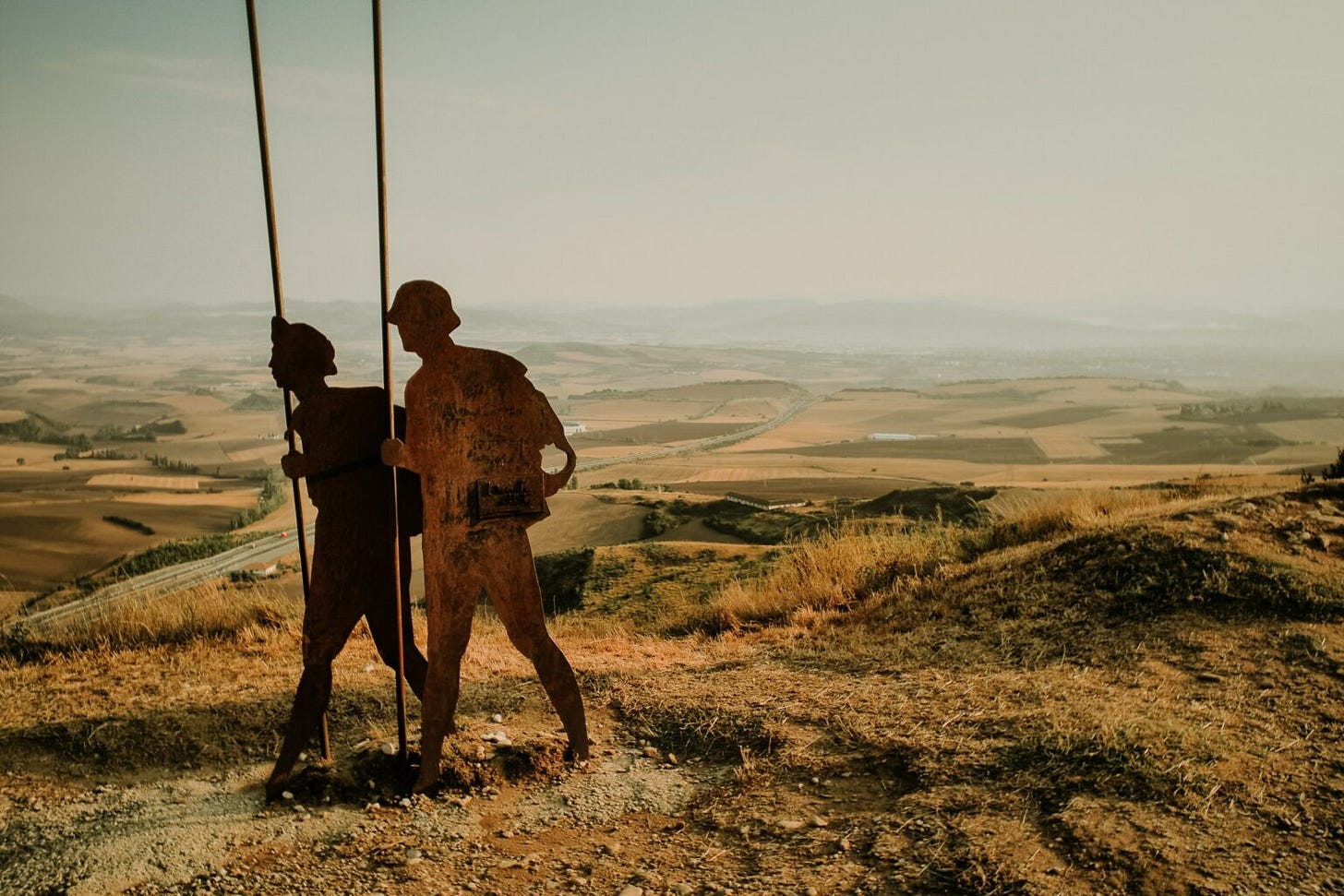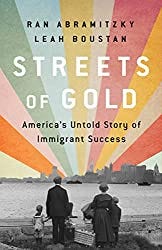Moving on... and up
They met on the road to Amsterdam. We don't know exactly where, but somewhere between Schaffhausen in Switzerland and Frankfurt in Germany, Louis and Pierre started a conversation that would become a life-long friendship. It was October 1687, the start of winter, and they were fleeing their native France. Louis was eighteen years old, single, illiterate, and a farm labourer; Pierre Lombard was a few years older, traveling with his wife Marie, a baby and his sister. Like many thousands of Huguenots the Lombards were searching for a better life.
Although the original destination was Germany, on the road, Pierre probably convinced Louis to join their small party and head to Amsterdam, the richest city in the world. There they would build a future. And so it was: in the cold of December, the tired traveling party arrived in their new home, hungry and destitute.
But that was not the end of the journey. On 21 December they both signed the visitor's book in the Walloon Church. They have a new plan: they will go 'pour le Cap', to the southernmost tip of Africa. Sixteen days later their ship Borsenburg departed Texel. On 12 May Louis Faurite arrived in Table Bay. At the Cape, Louis Faurite would become Louis Fourie.
This fascinating story of Louis, the progenitor of the Fouries in South Africa, was recently published in the Huguenot Bulletin. But it is more than an origin story of a family that today make up about 0.7% of all white South Africans. It is also a story of how immigration can lead to social mobility and economic growth.
Immigration is often a scapegoat for many of the issues we face today. This is often the case in troubling times. The first xenophobic attacks in South Africa occurred in 2008, in the middle of the global financial crisis. It is not unique to South Africa. In England, Switzerland, Australia and America, immigrants are welcomed when things go well but are often blamed when the tide turns.
Yet most economists would agree that immigration is one of the best ways to give the economy a boost. America is probably the best example. Anecdotally just consider the CEOs of several of the largest American companies – or the richest person in the world, for that matter, a South African immigrant to the US. But maybe these are outliers: maybe the average immigrant has no effect, or perhaps even a negative effect?
No, explain the economic historians Ran Ambramitzky and Leah Boustan in their new book, Streets of Gold: America's Untold Story of Immigrant Success. Immigrants improve things, both for themselves and for their new compatriots. They analyze large historical datasets that yield four surprising findings.
Children of immigrants from nearly every country, especially those of poor immigrants, do better economically than children of U.S.-born residents – a pattern that has held for more than a century.
Immigrants accused of lack of assimilation (such as Mexicans today and the Irish in the past) actually assimilate fastest.
Immigration changes the economy in unexpected positive ways and staves off the economic decline that is the consequence of an aging population.
Closing the door to immigrants harms the economic prospects of the U.S.-born—the people politicians are trying to protect.
Most Americans who believe that immigration is a bad thing, base their beliefs on myth rather than reality. The data shows convincingly that immigration is a net positive for the US economy and its people.
And in South Africa? Unfortunately, we do not (yet) have the rich data that Abramitzky and Boustan use in their analysis. But South Africa, just like the US, is a country of immigrants. It is indeed very likely that these findings would apply to us as well. There is a good reason for this: immigrants are positively selected, a way of saying that immigrants are typically the more energetic, smarter, and eager of their origin community. For this reason (and also because they typically lack strong networks in their newly adopted home), they are more likely to be entrepreneurial, innovative, and hard-working. It is no surprise that their children often do much better than those of the locally-born population.
That is why immigration should be one of the number one priorities of the South African government. We currently desperately need the things that immigrants can bring: entrepreneurship, fresh ideas, capital and global networks. Many that do want to relocate to South Africa have the skills that are in high demand, from teachers to craftsmen. Our universities would like to appoint a diversity of innovative people: the best way to do that is to attract the most creative and intelligent from across the world to our laboratories. This is how you build world-class institutions that develop new technologies that can be applied to the South African context.
One critique against more immigration, today and in the past, is that they will steal jobs from South Africans. With an unemployment rate of almost 50%, that is clearly something to avoid. Yet as Abramitzky and Boustan show, this critique often misses a fundamental truth in economics: there is not a fixed number of jobs in an economy. If immigrants bring skills that are currently in short supply, or work more productively, then it creates new opportunities elsewhere. The economy is not a zero-sum game: the more skills (what economists call human capital) a country has access to, the more productive it will be, and the more jobs it will create. More immigration can therefore counterintuitively lower the unemployment rate.
Obviously, all of this must happen legally. This is not an argument for tearing down the country's borders. Illegal immigration helps no one, because it dooms those immigrants to work outside the formal economy. The good news is that easing legal immigration can reduce the need to immigrate illegally.
Immigration is a long-term strategy to improve a country's prospects. At the Cape, Louis Fourie probably worked as a wage labourer on settler farms for a few years. Ten years later, in 1699, he received a plot of land from the governor, just outside today's Wellington. He would farm there for the next fifty years. He may not have been the most prosperous farmer, but he managed to have 21 children and 99 grandchildren. The charitable hosts that supported him on his long walk from Dauphiné in France could never have imagined the repercussions of their generosity.
I often think of Louis when the topic of immigration comes up. He could not even write his own surname, the reason it changed from Faurite to Fourie at the Cape. And yet, this illiterate refugee was offered a chance, with a loan from the church and land from the Company, to build a better life for himself and his descendants in his adopted country.
* An edited version of this post appeared (in Afrikaans) in Rapport on 10 July 2022. Photo by Kamil Szumotalski on Unsplash.




